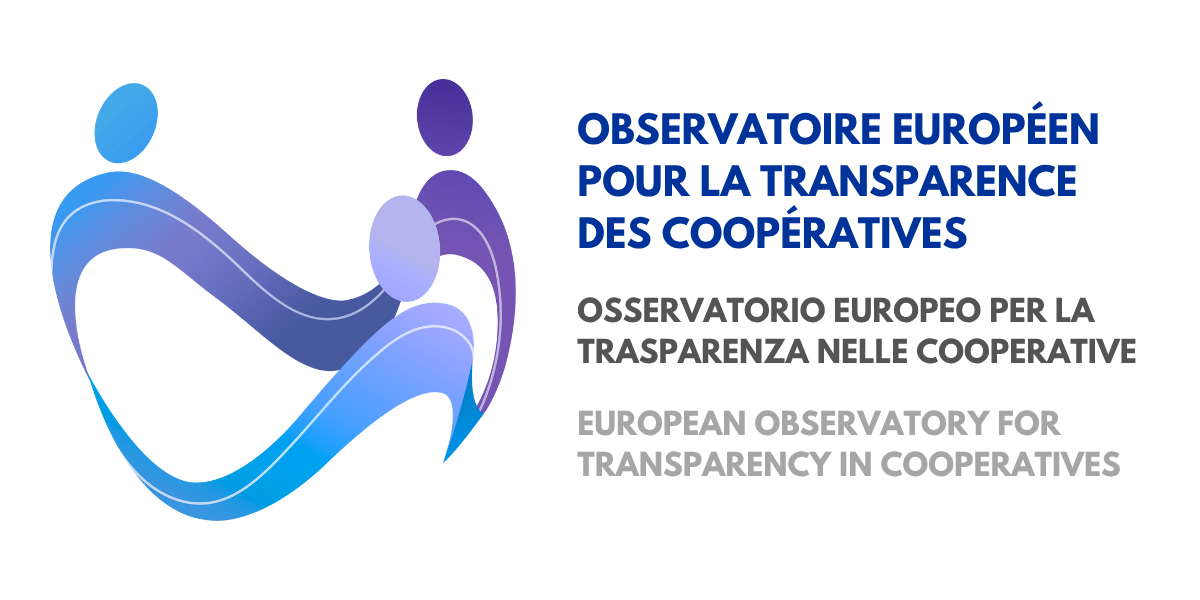Our Approach
To effectively defend member rights in the face of often complex and opaque systems, a simple declaration of intent is not enough. OETC was founded on a two-pronged approach, combining strategic thinking with cutting-edge technological tools. It is this combination that defines our method and guarantees our effectiveness.
On the one hand, our location in France is rooted in a legal culture that historically values citizens' rights. This choice provides us with asolid, recognized base of legitimacy, which underpins our credibility to act on a European scale. In addition, our use of artificial intelligence provides us with a powerful lever for analysis, information and action. Below, we explain how these two pillars of our approach work in synergy to serve our mission.
A Demanding Dialogue with Institutions
The voice of an isolated member is too often ignored by national supervisory authorities, who view their case as an individual problem and not a systemic one.
OETC's role is to change this dynamic. By aggregating reports, identifying recurring patterns of poor governance, and presenting documented cases, we position ourselves as a qualified interlocutor. We transform a collection of individual complaints into a systemic analysis that a responsible institution can no longer ignore.
Our dialogue with the institutions is not a simple protest; it is a constructive and demanding approach.
We do not just call for intervention in specific cases; we offer fact-based analyses to encourage structural reforms and improve supervisory mechanisms. We act as a rigorous partner for institutions that are serious about ensuring the health of the cooperative sector, and as a constant reminder of their responsibilities for those who are slow to act.
Artificial Intelligence: Our Leverage for Justice
Complex systems require powerful tools. OETC puts artificial intelligence at the heart of its operations to democratize access to the law and empower members.
In concrete terms, AI enables us to:
Breaking language barriers: Analyze documents and articles of association in any European language, offering borderless support.
Increase efficiency: Process large volumes of data (balance sheets, minutes) to quickly identify anomalies, inconsistencies, or signals of poor governance that would be invisible to the naked eye.
Democratizing knowledge: Transforming complex legal and financial concepts into clear explanations that everyone can understand, enabling every member to become aware of their own situation.
Reduce access costs: Offer an automated initial case analysis, making it possible to assess the relevance of an action even before consulting a lawyer, and making the defense of rights more accessible.
The Power of the Spotlight
An isolated story can easily be suppressed or dismissed as a "special case." But when dozens of stories from all over Europe are collected, analyzed, and aggregated by a single entity, they cease to be anecdotes and become a trend.
The pan-European nature of the OETC positions it as a unique and credible source of information for national and international media, transforming individual experiences into irrefutable systemic data.
We do not use media attention for scandal, but as a strategic tool for justice. Shadow is the best ally of abuse of power. Bringing a situation of poor governance to light creates public pressure that neither the cooperative's management nor the institutions of control can ignore.
Media exposure thus becomes a powerful catalyst, speeding up conflict resolution and giving members the most effective leverage to restore transparency and their rights.
From Individual Action to Collective Protection
In a cooperative, the principle of equality is not just a slogan: it's a legal reality.
An injustice caused to a single member very often represents a systemic violation of the rights of all. That's why, when we receive a report, our first step is to assess whether this individual casus belli can become a lever for collective action.
Our legal team immediately analyzes whether the reported loss is shared by other members and whether the legislation of the EU country concerned allows a class action (group action). If the conditions are met, we strive to unite the isolated voices into a single powerful legal action that holds the Board of Directors to account on behalf of the entire community (a more consolidated route in countries such as the Netherlands, Portugal, Italy, and France).
Even when collective action is not an option, an individual victory can set a precedent that benefits everyone.
If, in the course of a legal action we support, a judge formally recognizes that a right has been violated and that this violation has produced economic damage, an extraordinary opportunity arises.
At that point, the OETC can proactively inform all the other members of the cooperative that, by virtue of this judgment and the principle of equality, they too could be entitled to the same compensation. This approach transforms a single victory into a shockwave that ripples through the entire cooperative, forcing the Board of Directors to respond not to a single individual, but to the entire membership base. It is a powerful tool that promotes justice and acts as a powerful deterrent against future abuses.




